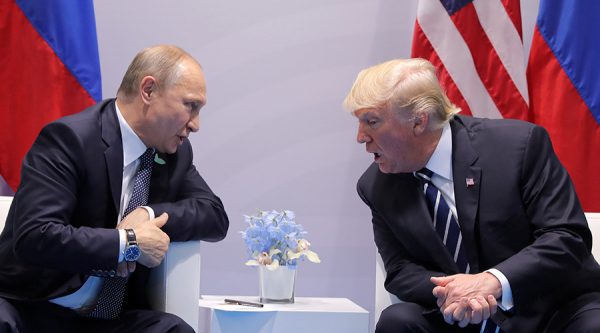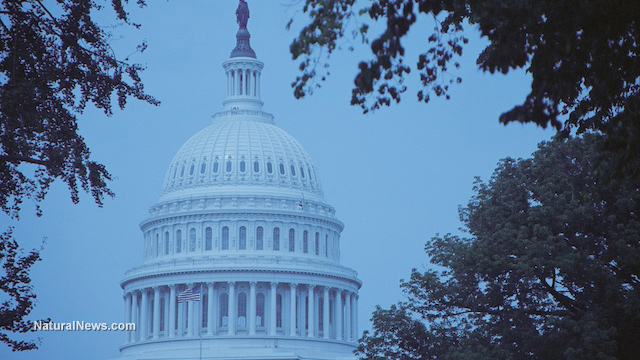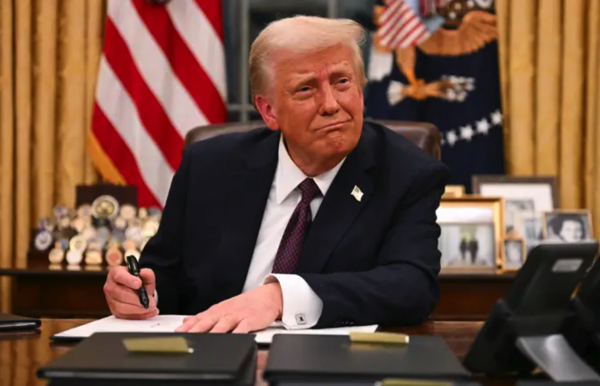
- The Trump administration has indicated that Russia could receive sanctions relief if it shows a commitment to peace negotiations in Ukraine. This marks a significant shift from the previous administration's hardline stance.
- While the Russian economy has shown signs of renewed optimism, the Ukrainian government is skeptical. President Trump's criticism of Ukrainian President Zelensky and the push for new elections have strained relations.
- European allies are struggling to react to the changing U.S. policy, leading to disagreements within the G7. The U.S. strategy involves strengthening economic ties with Ukraine before negotiating with Russia.
- The path to peace is complicated by tensions between the U.S. and Ukraine, as well as concerns about how the negotiations will impact the broader geopolitical landscape.
- Despite the challenges, the possibility of sanctions relief and peace negotiations offers hope for an end to the three-year conflict in Ukraine. The outcome will depend on the cooperative efforts of key players.
Sanctions relief on the horizon
U.S. Treasury Secretary Scott Bessent, in a Bloomberg interview, made it clear that the United States is prepared to adjust its sanctions policy based on Russia's cooperation in ending the conflict. "Russia could win some relief from U.S. sanctions based on its willingness to negotiate an end to its war in Ukraine," Bessent stated. He emphasized that the administration is committed to a rapid resolution of the conflict, adding, "The president is committed to ending this conflict very quickly." The possibility of sanctions relief is a seismic shift from the previous administration's hardline stance, which saw the imposition of some of the toughest sanctions on Russia's oil sector. The change in tone has already had a positive impact on the Russian economy, with the ruble hitting a six-month high on Thursday, reflecting renewed optimism in Moscow.Tensions with Kyiv
However, the path to peace is fraught with tension, particularly with the Ukrainian government. President Donald Trump has been increasingly vocal in his criticism of Ukrainian President Volodymyr Zelensky, whom he has labeled a "dictator" for his handling of the war. Trump has accused Zelensky of refusing to meet with high-ranking American officials and rejecting a proposed minerals deal that would have seen the U.S. acquire 50% of Ukraine's rare earth minerals. The conflict has reached a boiling point, with Trump's remarks and the administration's push for new elections in Ukraine. Vice President J.D. Vance has warned that Zelensky's public criticisms of Trump will only harm Ukraine's interests. "The idea that Zelensky is going to change the president’s mind by badmouthing him in public media, everyone who knows the president will tell you that is an atrocious way to deal with this administration," Vance said. Retired U.S. Lt. Gen. Keith Kellogg, Trump’s special envoy to Ukraine and Russia, met with Zelensky in Kiev on Thursday, but the scheduled press conference following the meeting was unexpectedly canceled. The reason for the cancellation remains unclear, but it underscores the strained relationship between the two countries.European reaction and global implications
The shift in U.S. policy has left European allies scrambling to respond. The Group of Seven (G7) nations are struggling to agree on a draft communique to mark the three-year anniversary of Russia’s invasion, with an initial draft being significantly watered down. European leaders, while sympathetic to Ukraine, are also wary of the potential backlash from Washington and the broader geopolitical implications of a Trump-Putin deal. Treasury Secretary Bessent outlined the administration's strategy, which involves strengthening economic ties between the U.S. and Ukraine to build public support and leverage in negotiations with Russia. "The sequencing of what was going to happen was: bring the Ukrainians closer to the U.S. through economic ties, convince the American people, the American public, get them onside," he explained. "And then tell the Russians, go to the negotiating table with a very fulsome message that if we need to, we will take sanctions up." The U.S., with greater economic interest in Ukraine, provides a security shield, Bessent added, emphasizing the administration's commitment to a multilateral approach that includes both carrots and sticks.Conclusion
As the world watches with bated breath, the prospect of sanctions relief for Russia and a potential end to the war in Ukraine offers a glimmer of hope. However, the path to peace is fraught with challenges, and the actions of key players, particularly President Zelensky and his administration, will be crucial in determining the outcome. The Trump administration's willingness to engage in a more flexible approach to sanctions could be the catalyst for a lasting peace, but it will require a cooperative and constructive response from all parties involved. In a time of global instability, the possibility of a peaceful resolution in Ukraine stands as a beacon of hope for a world weary of conflict. As the negotiations continue, the eyes of the international community remain fixed on Washington, Kiev and Moscow, hoping for a breakthrough that could bring an end to years of suffering and strife. Sources include: ZeroHedge.com Bloomberg.com AA.comStarmer’s “coalition of the willing” mobilizes to support Ukraine as U.S. backing wavers
By Cassie B. // Share
By Lance D Johnson // Share
The American health care system is a collection of profit centers unrelated to health care
By News Editors // Share
Zelensky’s Oval Office meltdown: A DIPLOMATIC DISASTER that could cost Ukraine everything
By Willow Tohi // Share
Nuclear scenario highlights dire consequences as global tensions rise
By Belle Carter // Share
HARVARD POLL: Congressional Democrats' approval among young voters plummets, GOP gains ground
By lauraharris // Share
Trump retreats on auto tariffs, plans to exempt CAR PARTS from duties
By ramontomeydw // Share
HHS Secretary Kennedy considers removing COVID-19 vaccine from childhood immunization schedule
By bellecarter // Share
Department of Education resumes collections on defaulted student loans
By lauraharris // Share











